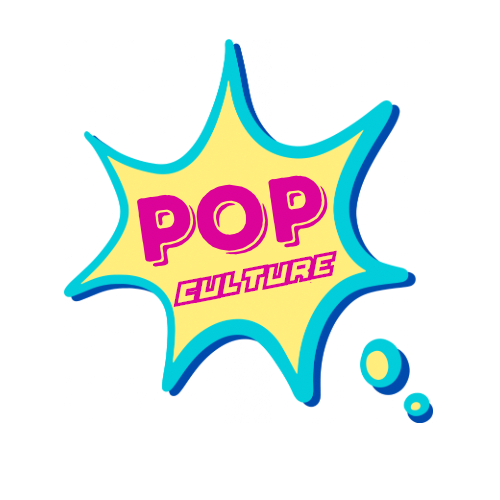I posted this in another thread, but it’s buried pretty far down, so I’ll toss this here too.
There were many comments saying it’s already illegal to use subs without permission, which is not exactly true.
Places that pubicly play recorded music, like bars, stadiums, etc. need to get an ASCAP license to publicly play copyright music. ASCAP collects licensing fees from users of music created by ASCAP members, then distributes them back to its members as royalties. It’s basically how streaming works now, but from before streaming was a thing
It seems political events have slightly different licensing through ASCAP, but surprisingly, they have a very easy to understand website about using music for political events.
Basically, they an use whatever song they want, until someone objects, and then they’ll get in trouble if they continue to use it, or if they use it in a way that can damage the artist.
Here a bit from the page’s FAQ:
What music is covered by the ASCAP license for political campaigns?
The ASCAP political campaign license agreement provides a blanket license to perform any or all of the millions of musical works in the ASCAP repertory. However, ASCAP members may ask us to exclude some or all of their works from a particular political campaign’s license. In that event, ASCAP will notify the campaign of the excluded works.
If the campaign events are properly licensed, can the campaign still be criticized or even sued by an artist for playing their song at an event?
Yes. If an artist is concerned that their music has been associated with a political campaign, he or she may be able to take legal action even if the campaign has the appropriate performance licenses. The campaign could potentially be in violation of other laws, unrelated to music licensing:
-
The artist’s Right of Publicity, which in many states provides image protection for famous people or artists
-
The Lanham Act, which covers confusion or dilution of a trademark (such as a band or artist name) through its unauthorized use
-
False Endorsement, where use of the artist’s identifying work implies that the artist supports a product or candidate
As a general rule, a campaign should be aware that, in most cases, the more closely a song is tied to the “image” or message of the campaign, the more likely it is that the recording artist or songwriter of the song could object to the song’s usage by the campaign.
-


